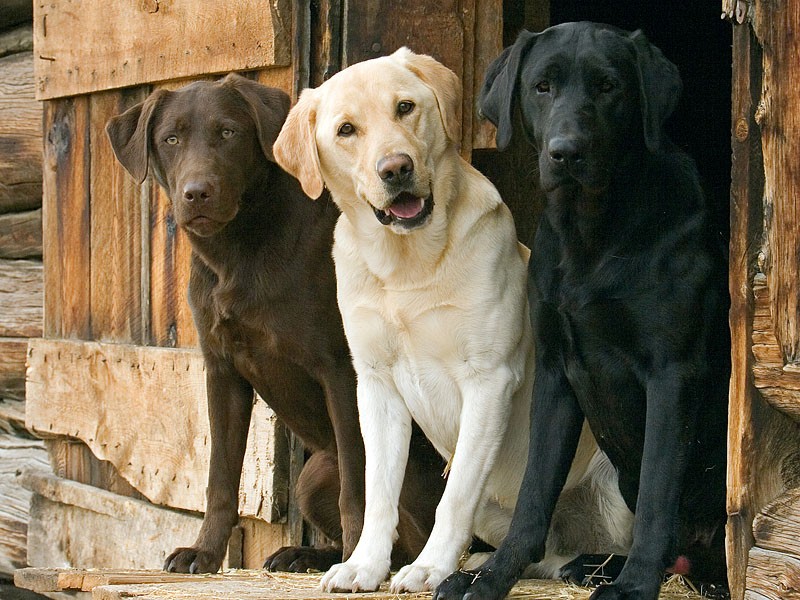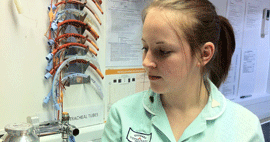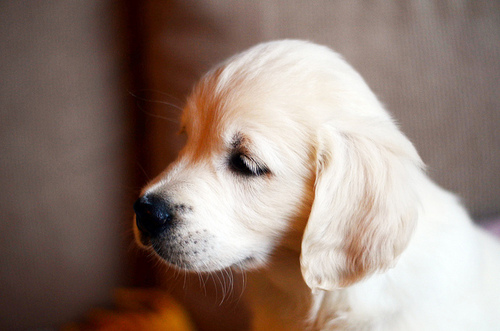We talked to Rosie Martin, the Vet Nurse at Goddards in Fulham, about kennel cough and how to avoid your pet catching it…

Kennel cough is an extremely contagious upper respiratory infection in dogs which is caused by the parainfluenza and bordatella bronchiseptica viruses. It should be renamed to ‘park cough’; although the virus is known to spread quickly in kennel facilities, it is also very easily spread amongst dogs in parks or those who are walked in groups.
Kennel cough is spread by airborne droplets released when the dog coughs or sneezes. It can also be spread by sharing food bowls or toys with infected dogs. The symptoms of kennel cough include:
- Dry, hacking cough which can sound like ‘something stuck in the throat’.
- Lethargy
- Retching
- Sneezing
- Snorting
- Discharge from the nose
- Fever (not all dogs have a fever with kennel cough)
There is no treatment for kennel cough as it is caused by a virus. However, secondary bacterial infections may be treated with antibiotics. You can make your dog feel more comfortable if he catches kennel cough by giving him a teaspoon of honey twice a day; honey is a natural antimicrobial and also soothes sore throats. Keep exercise to a minimum while your dog recovers; running or even walking can exacerbate symptoms. Keep your dog away from other dogs where possible to help prevent the spread of infection, and disinfect food bowls and toys after use. Do not give your dog human cough medicines as they often contain paracetamol or ibuprofen which extremely toxic to dogs.
Vaccination against kennel cough prevents infection against most strains of the virus, although is it not foolproof; even vaccinated dogs can contract mutated strains. The vaccination is administered as a liquid squired up the nose. It is rapidly absorbed and provides protection from seven days after vaccination, and normally lasts one year. Vaccination is a requirement for all kennels and doggy daycare centres, and may be a requirement for some dog walkers.
If you are concerned that your dog has kennel cough, especially if he is very flat or lethargic, seek veterinary advice. Brachycephalic (short-faced) breeds tend to suffer more with the virus due to their already-compromised respiratory system.
If your dog is having difficulty breathing, shows abdominal effort to breathe or becomes distressed, call your vet immediately as this is an emergency.






